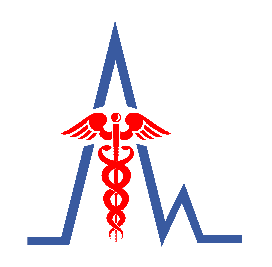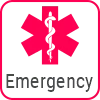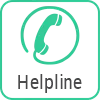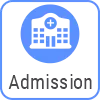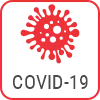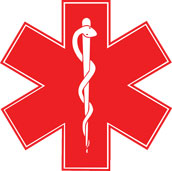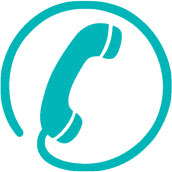Paediatrics
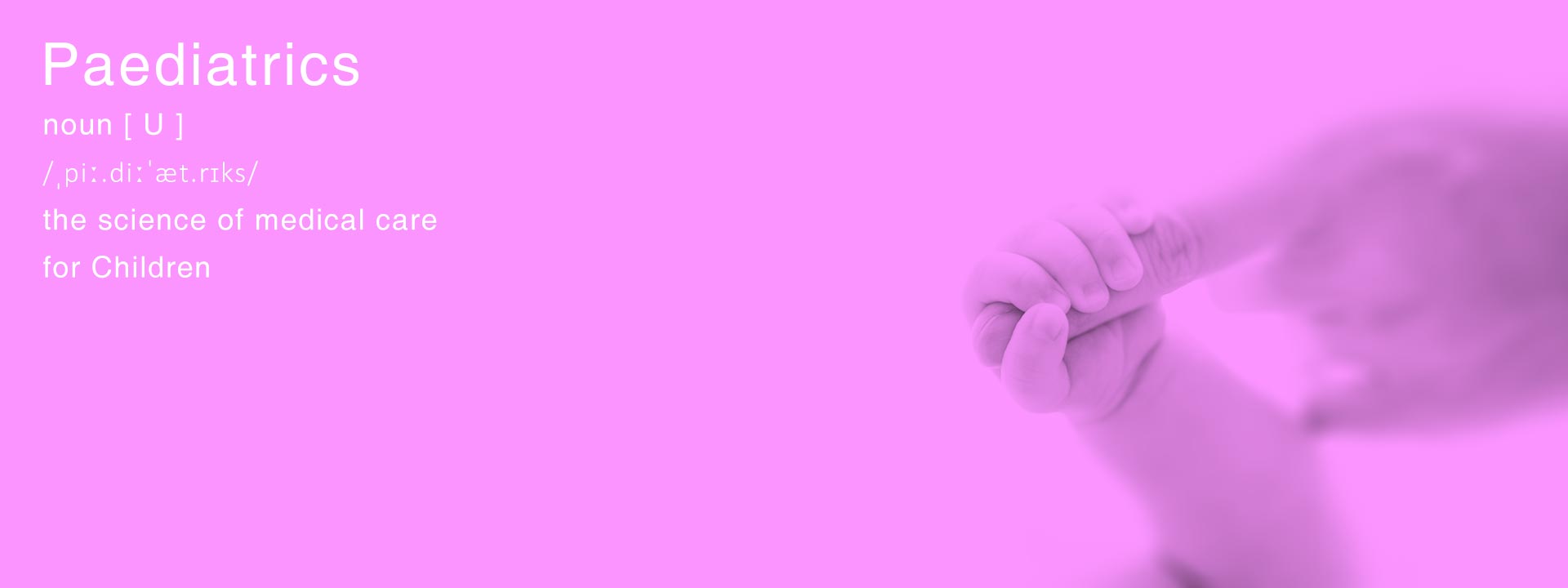
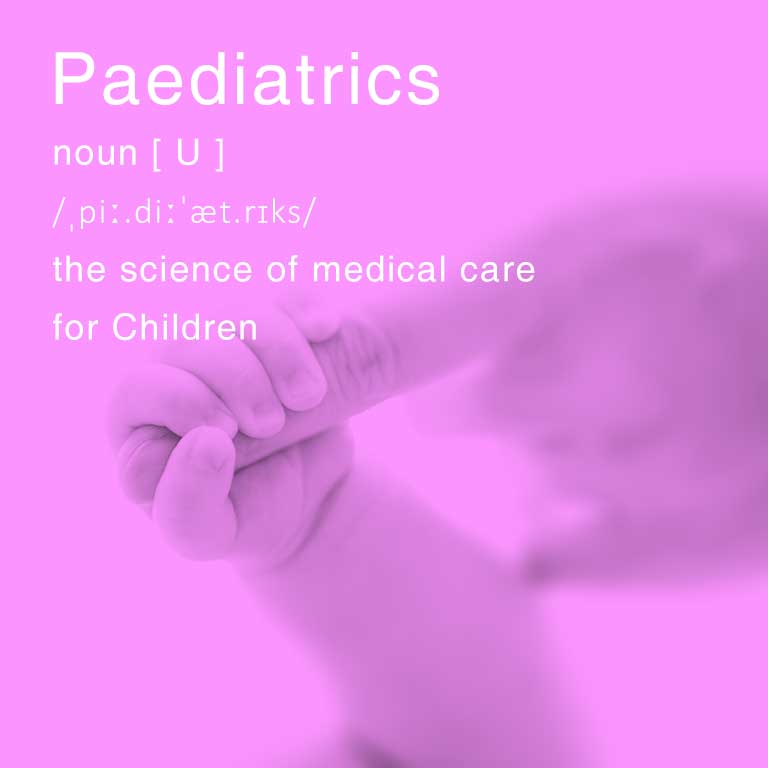
Children are the future, and that is why our paediatric unit is dedicated to providing quality medical, surgical, and rehabilitative care of infants, children and adolescents.
Safeguarding your children’s health is our utmost priority. Our paediatricians are sensitive to these young patients’ needs and responsive to all your concerns – providing your family confidence and reassurance through your child’s journey to better health.
Based on your child’s unique needs, our team of specialists and nurses treat and care for every child as an individual.
Our hospital uses up-to-date technology to offer medical treatment in neonatal (newborn) intensive care, general paediatrics and behavioural medicine. We also include physical, mental, and psychological development into the individual care of your child, setting a strong foundation for their healthy growth.
Neonatal Critical Care Unit
Welcome to the Neonatal Critical Care Unit (NCCU) and congratulations on the birth of your baby. When you arrive in the unit the technology may seem daunting. You will receive a lot of new information and hear many unfamiliar words; all of which may be overwhelming at first. Please do not hesitate to ask staff questions or request information to be repeated if you are unsure about anything you have been told.
About the Neonatal Critical Care Unit
The unit consists of intensive care and special care nurseries. Your baby will be admitted to the area best suited to their needs. Throughout your baby's stay any treatment your baby requires will be explained to you. We encourage you to be involved in your baby's care wherever possible as this helps to establish and strengthen your bond with them. Please discuss your baby's plan of care with the nurse caring for your baby so that you can coordinate your visits to maximize your involvement.
- Parents and siblings are welcome to visit their baby any time
- Premature and sick babies have very limited resistance to infection; anyone who is unwell should not enter the nursery. If you or your other children or any visitors are unwell with a potentially infectious illness such as a cough, cold, rash, tummy bug or fever please telephone the nursery in advance to discuss whether visiting is advisable
- There is a limit of two visitors to each cot i.e. two parents or one parent with one visitor
Our Parent Support Program aims to assist you to participate in the care of your baby during their stay in the NICU, by providing education about infant development and expected milestones. This program is based on the philosophy of family-centered care where health care staff and the family are partners, working together to best meet the needs of your child. Further information about this program is provided in the parent information pack given to you when your baby was admitted to NICU.
- Your mobile phone must be kept on vibrate or silent while you are in the nursery
- Please do not answer your mobile phone in your baby’s room. All phone calls must be made in the parent’s lounge or reception area
- The camera function on your mobile phone may be used to take photos. When taking photos of your baby please respect the privacy of other babies and their families. If you wish to include staff members in your photographs, please ask their permission first
Food should not be eaten within the nursery. You are welcome to consume food in the parents’ lounge.
Vaccination at birth is available during the stay of the baby at the hospital. Remaining doses are given during follow up visits.
Paediatric services
Attention deficit hyperactivity disorder (ADHD) – Attention deficit hyperactivity disorder (ADHD) affects children and teens and can continue into adulthood. ADHD is the most commonly diagnosed mental disorder of children. Children with ADHD may be hyperactive and unable control their impulses. Or they may have trouble paying attention
Chronic lung disease (child) – Bronchopulmonary dysplasia (BPD) is a lung condition that can develop in infants who need help breathing in the early days of their life. In some cases, it can cause long-term breathing problems. Babies born prematurely are more likely to get this condition, sometimes called chronic lung disease (CLD)
Broncholitis – Bronchiolitis is a common lung infection in young children and infants. It causes inflammation and congestion in the small airways (bronchioles) of the lung. Bronchiolitis is almost always caused by a virus
Pneumonia (child) – It can be viral or bacterial. Pneumonia can cause breathing difficulties, besides that parent may notice these other, more specific symptoms, too:
- Cough
- Fast, labored breathing
- Increased activity of the breathing muscles below and between the ribs and above the collarbone
- Flaring (widening) of the nostrils
- Pain in the chest, particularly with coughing or deep breathing
- Wheezing
- Bluish tint to the lips or nails, caused by decreased oxygen in the bloodstream
Types of congenital heart defects include:
- aortic stenosis
- atrial septal defect (ASD)
- coarctation of the aorta (COA)
- truncus arteriosus
- patent ductus arteriosus (PDA)
- patent foramen ovale (PFO)
- tetralogy of Fallot (TOF)
- Ebstein anomaly, etc.
Hand, foot and mouth disease (child) – a mild, contagious viral infection common in young children — is characterized by sores in the mouth and a rash on the hands and feet. Hand-foot-and-mouth disease is most commonly caused by a coxsackievirus.
Allergies – Allergic rhinitis is the most common childhood ailment caused by allergies. Symptoms include a runny and itchy nose, sneezing, postnasal drip and nasal congestion (blockage). A child with allergies may also have itchy, watery, red eyes and chronic ear problems.
Paediatric Neurology: Expert evaluation and rehabilitation of neurological disorders in children such as epilepsy, movement disorders, cerebral palsy, developmental delay, mental retardation, autism & learning disabilities. Facilities: EEG, CT scan, MRI, Neuro Pet CT.
Paediatric Endoscopy Services: Diagnostic esophago-gastro-duodenoscopy and colonoscopy in children and therapeutic endoscopy for varices (sclerotherapy and band ligation), bleeding lesions, foreign body removal and polypectomy are available.
Paediatric Orthopedic Surgery: This super-specialty encompasses all the orthopaedic disorders, both traumatic and non-traumatic afflicting a growing skeleton, including neonates, children and young adults.
Neonatal and Paediatric surgery: Expertise is available for correction of major congenital malformations in the neonate and paediatric age group.
Paediatrics Nutritional Services: Paediatric dietetic expertise is available for counselling. The paediatric dieticians are experienced in managing a variety of clinical conditions such as celiac disease and cow’s milk allergy which require skilled dietetic input.
Immunization: Comprehensive immunization service for all vaccine-preventable diseases under close medical supervision.
Our team of Experts in Paediatrics
| Name | Credentials |
| Dr. B. M. CHATTERJEE | MBBS, MD (PAED), DCH, FIAP |
| Dr. K C DAS | MBBS, MD (PAED), P.G.P.N. (BASTON) |
| Dr. SAPTARSHI DAS | MBBS, MD (PAED) |
| Dr. INDRANI MITRA | MBBS, DCH (CAL), DNB-1 |
Facilities
MRI Brain / MRI Brain Angio
The MRI scan is an imaging test that allows physicians to assess a patient’s brain anatomy and investigate an anatomical cause of the patient’s Headache/Weakness/Seizure /Blurring of Vision etc. This test is done at our Diagnostic Division.
Machine Used – MRI Signa HDXT 1.5T
MRI Spectroscopy
While magnetic resonance imaging (MRI) identifies the anatomical location of a tumor, MR spectroscopy compares the chemical composition of normal brain tissue with abnormal tumor tissue. This test can also be used to detect tissue changes in stroke and epilepsy. This test is done at our Diagnostic Division.
CT scan of Brain
CT scans Of Brain can provide more detailed information about brain tissue and brain structures than standard X-rays of the head, thus providing more data related to injuries and/or diseases of the Brain. This test is done at our Diagnostic Division.
Machine Used – GE Bright Speed Elite
EEG
An electroencephalogram (EEG) is a noninvasive test that records electrical patterns in your brain. The test is used to help diagnose conditions such as seizures, epilepsy, head injuries, dizziness, headaches, brain tumors and sleeping problems. It can also be used to confirm brain death.
EMG
EMG results are often necessary to help diagnose or rule out a number of conditions such as: Muscle disorders, such as muscular dystrophy or polymyositis. Diseases affecting the connection between the nerve and the muscle, such as myasthenia gravis. This test is done at our Diagnostic Division.
NCV
A nerve conduction velocity (NCV) test — also called a nerve conduction study (NCS) — measures how fast an electrical impulse moves through your nerve. NCV can identify nerve damage. This test is done at our Diagnostic Division.
VEP (Visual Evoked Potential)
VEP is a diagnostic test used to check the optic nerve pathway which runs from your eyes to your brain. A doctor may recommend that you go for a VEP test when you have had changes in your vision that can be due to problems along the optic nerve pathway. This test is done at our Diagnostic Division.
Neuro PET
A positron emission tomography (PET) scan is an imaging test that allows your doctor to check for diseases in your brain. The scan uses a special dye containing radioactive tracers. … When detected by a PET scanner, the tracers help your doctor to see blood flow in the brain, to demonstrate areas of activity. This test is done at our Diagnostic Division.
Machine Used – Siemens mCT 128 with Ultra HD Technology
C Arm Machine
The name derives from the C-shaped arm used to connect the x-ray source and x-ray detector to one another. C-arms have radiographic capabilities, though they are used primarily for fluoroscopic intraoperative imaging during surgical, orthopedic and emergency care procedures.
Machine Used – Siemens Siremobil Compact L
Neurosurgery Microscope
Neurosurgical Microscopes. It is a type of operating microscope especially adapted for surgeries involving the brain, spinal cord and spine. Equipped with a binocular head with adjustable eye pieces and foot controls to allow freedom of arm movement, it illuminates and magnifies the deeper parts of the operating field.
Machine used – Leica Microscope
Learn more about Paediatrics from external resources
